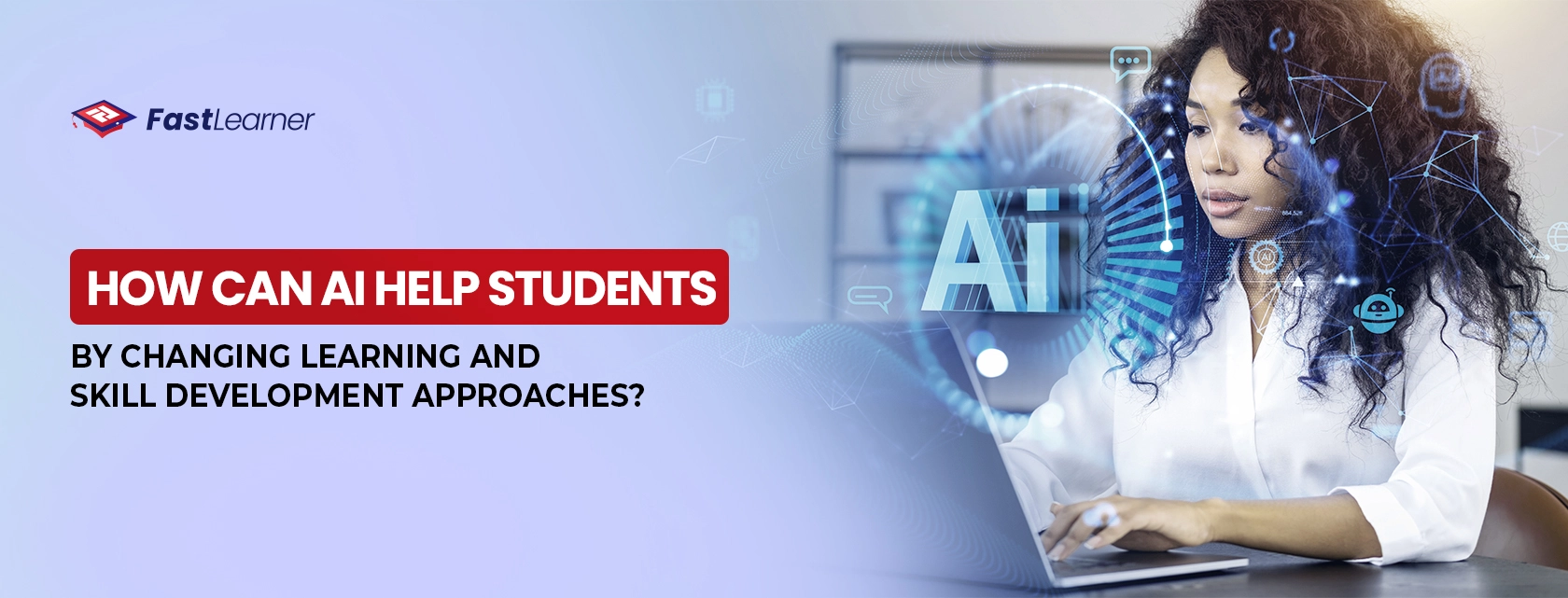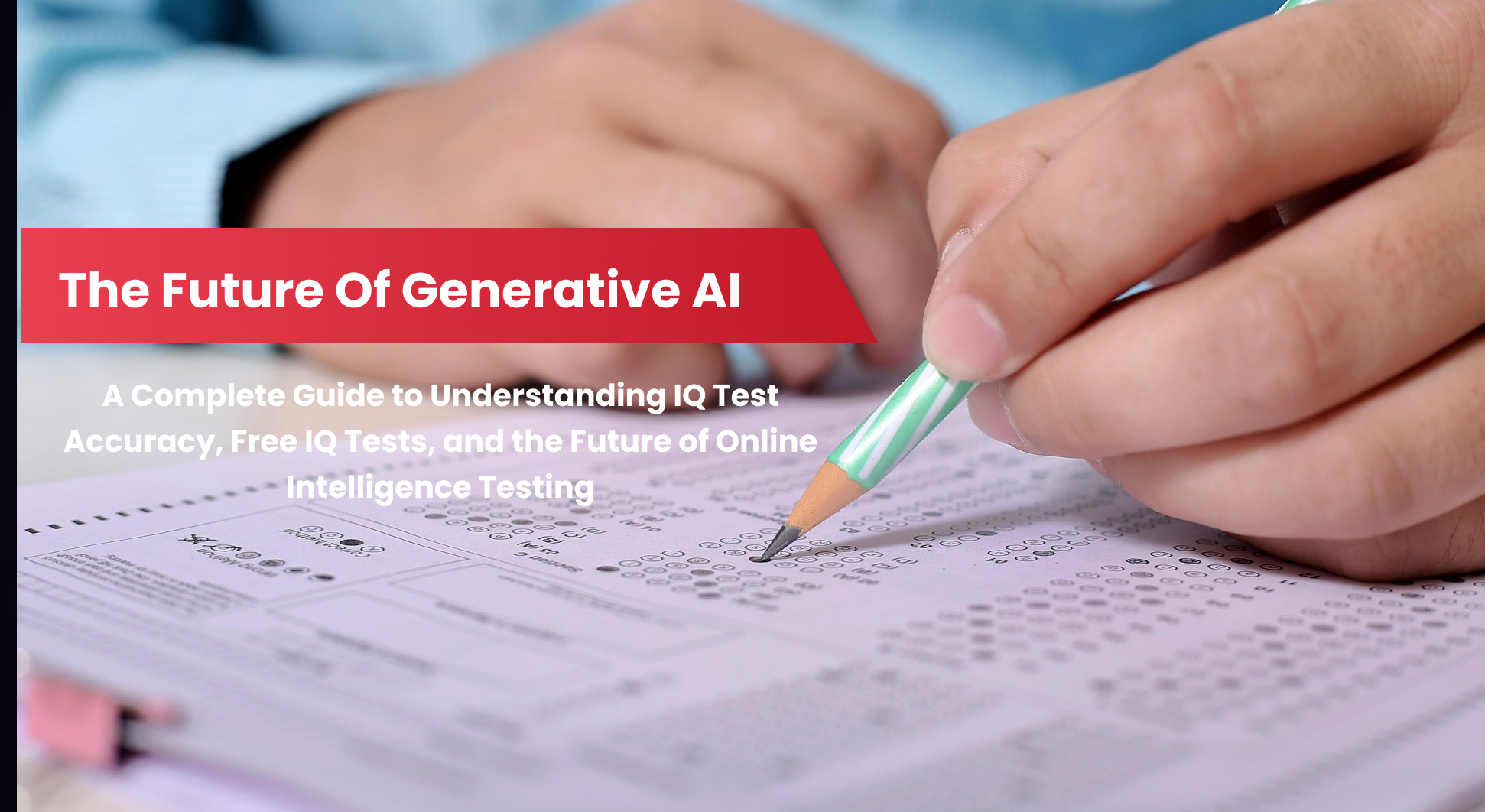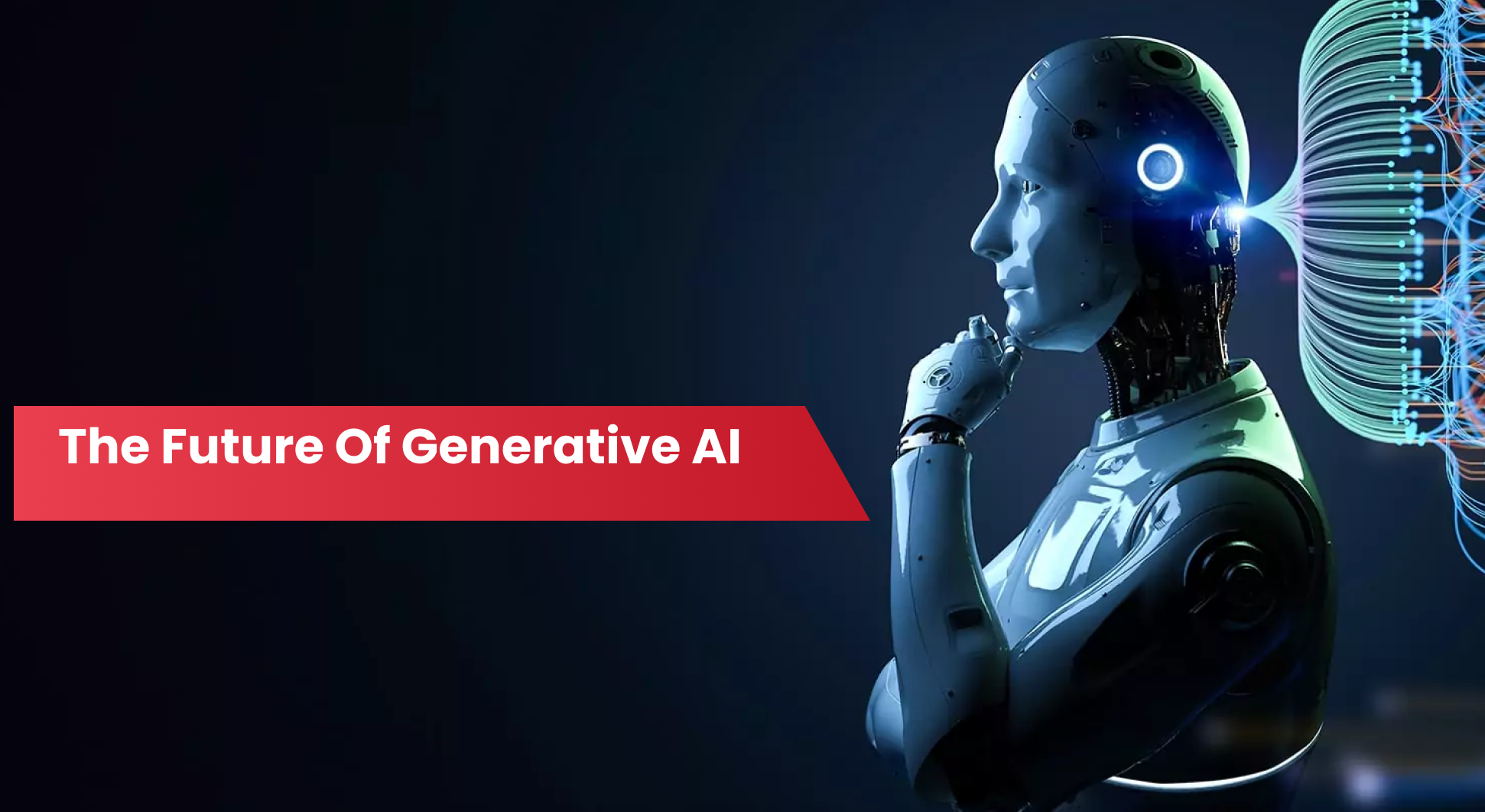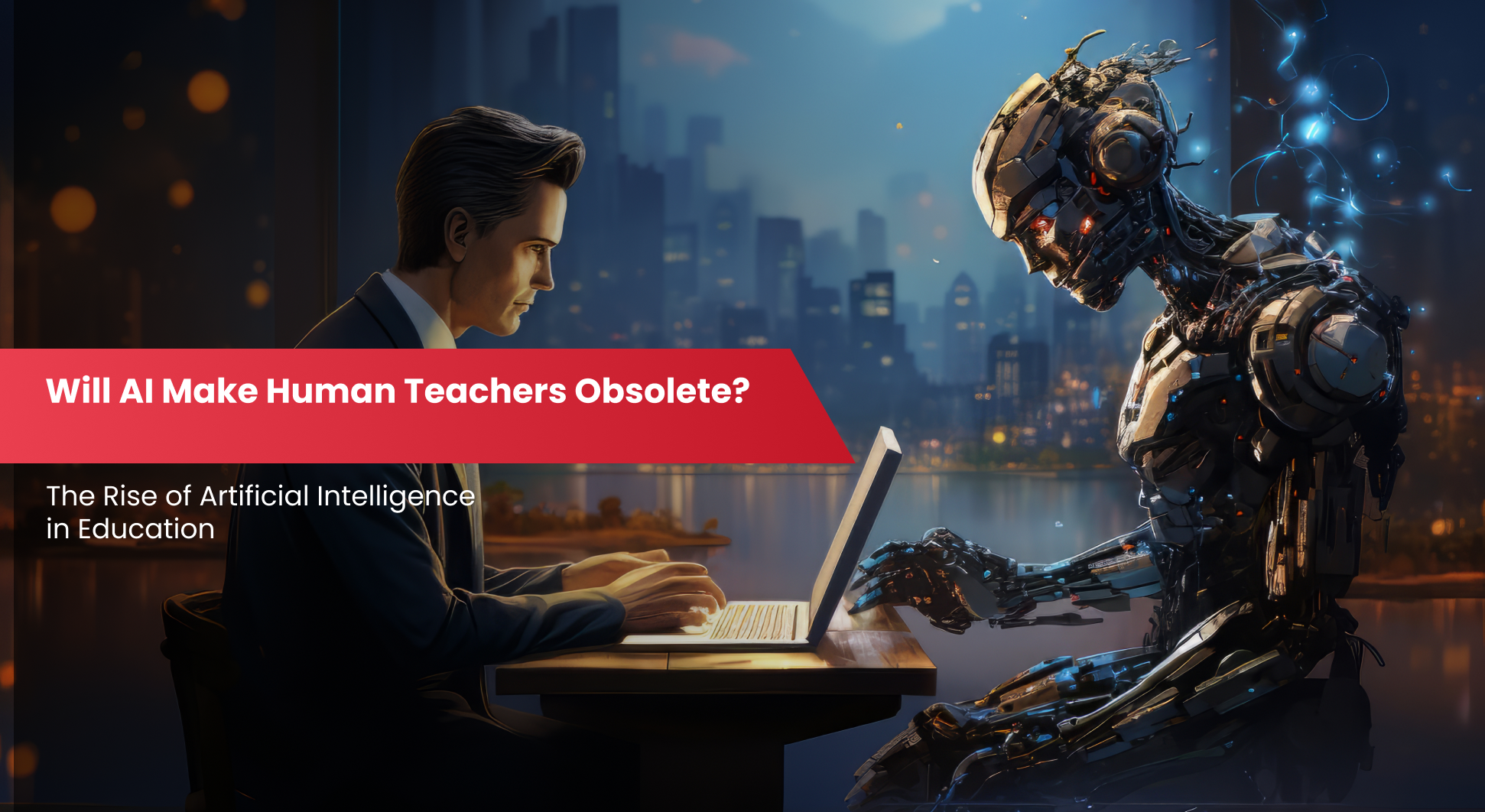Integrating Artificial Intelligence in education is no longer just a futuristic vision; it’s happening now. As we witness AI transforming industries across the globe, it’s worth exploring how can AI help students by Changing Learning and Skill Development Approaches.
AI is a game-changer in education, from personalized learning experiences to adaptive assessments. Artificial intelligence is also making waves in the corporate and business sectors. It is reported that around 50% of organizations globally are now planning to incorporate AI technologies into their operations. This article will explore how AI revolutionizes students’ learning and acquisition of new skills.
Overview: How can AI help Students by Changing Learning and Skill Development
- AI creates personalized learning experiences tailored to individual needs, ensuring better progress and outcomes.
- Intelligent tutoring and real-time feedback systems help students improve faster with customized guidance.
- AI-powered platforms like FastLearner design adaptive learning paths and enhance skill acquisition through simulations.
- Automated tools streamline grading and performance tracking, making learning more efficient.
- AI enhances accessibility by supporting multiple languages and bridging communication gaps.
Role of Artificial Intelligence in Student Learning and Skill Development
Personalized Learning Paths: Tailored Education for Every Student
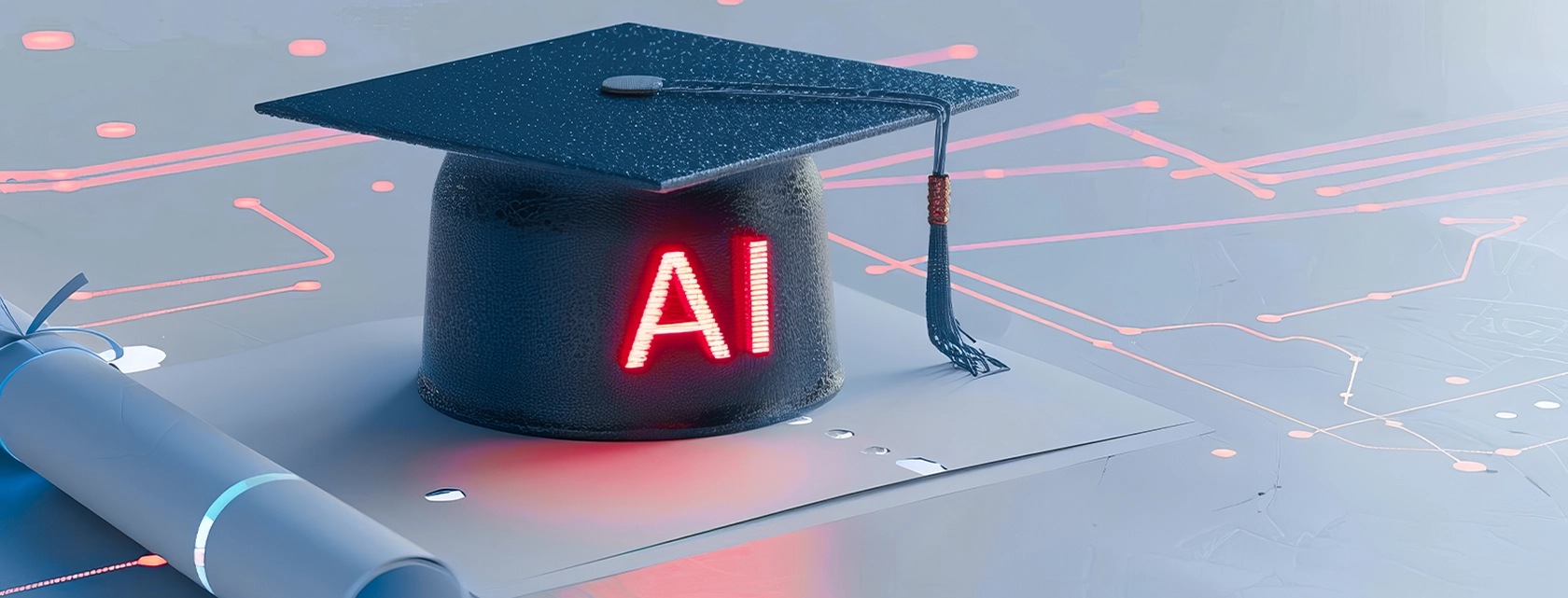
One of the most significant ways in how can AI help students is by offering personalized learning experiences. Traditional education often takes a one-size-fits-all approach, but AI breaks this mold by catering to the unique needs of each learner. AI platforms like FastLearner can assess students’ strengths, weaknesses, learning preferences, and pace through data analysis and predictive algorithms.
This technology adapts content and resources to the learner’s needs, ensuring that students receive support in areas they struggle with while allowing them to accelerate through concepts they already grasp.
The result? A more efficient and satisfying learning experience that boosts both engagement and retention. How does AI help students navigate complex subjects? They should ensure they focus on areas that need improvement rather than waste time on topics they have already mastered.
Intelligent Tutoring Systems: Round-the-Clock Assistance

AI has introduced intelligent tutoring systems that offer real-time support to students, much like a personal tutor would. Unlike traditional tutoring services, these AI-driven systems are available 24/7 and can provide instant feedback on assignments, quizzes, or coursework.
These tutors use machine learning to recognize where a student is struggling and offer targeted assistance. For example, if a student repeatedly answers math questions incorrectly, the AI tutor can generate practice questions focusing on those problem areas.
This proactive approach ensures that students receive the help they need at the right time, enhancing their overall understanding of the subject.
Automated Grading and Feedback: Saving Time and Reducing Stress

Grading is one of the most time-consuming tasks in education. AI simplifies this by automating grading for multiple-choice questions, essays, and even more complex assignments. AI can grade and provide insightful feedback to students, allowing teachers to focus on more personalized instruction.
For students, this means receiving immediate results on their work, reducing the waiting time that can cause anxiety and disengagement. How does AI help students in this context? Instant feedback helps students quickly understand their mistakes and improve, leading to faster mastery of the material.
AI-Powered Learning Platforms: Revolutionizing Online Education

Online learning platforms like FastLearner leverage AI to optimize the digital education experience. These platforms integrate AI tools that recommend courses, materials, and learning paths based on the student’s previous interactions and performance.
By analyzing large datasets, AI identifies trends and patterns in student behavior, allowing the platform to adjust the content dynamically. This makes learning more intuitive, interactive, and aligned with each student’s goals. As AI changes education, platforms like FastLearner set the standard for a more efficient and customizable learning process.
Skill Development through AI-Based Tools

Beyond traditional academics, AI is increasingly important in skill development. With the rapid evolution of industries, students need more than just theoretical knowledge; they require practical skills that can be applied in real-world scenarios. AI assists in bridging this gap by offering simulation-based learning experiences and hands-on practice through virtual labs.
AI-powered tools also track a student’s progress in skill acquisition, suggesting improvements and providing insights into areas where the student can further develop their expertise. This adaptive feedback mechanism is essential for mastering complex skills, from coding and data analysis to communication and problem-solving.
Breaking Down Language Barriers: AI for Multilingual Learning

AI also plays a pivotal role in breaking down language barriers in education. With translation tools and language learning apps, students worldwide can access educational content in their native languages. AI-driven language models, such as Google Translate, enable learners to overcome linguistic challenges, making education more accessible and inclusive.
Moreover, AI can analyze how students grasp different languages and offer personalized language learning plans, making learning new languages more effective and engaging. How AI will change education is apparent in this context: it democratizes learning opportunities for students regardless of their native language, ensuring they can participate fully in the global educational landscape.
Enhanced Learning Analytics: Data-Driven Insights for Better Learning Outcomes

One of AI’s most valuable contributions to education is learning analytics. AI can analyze vast student data to identify patterns, behaviors, and performance trends. Educators and students alike can leverage these insights to optimize learning strategies. AI can track engagement levels, pinpoint when students are losing interest, and suggest interventions before performance drops.
These insights are invaluable for educators in identifying which teaching methods are most effective and which students need additional support. The insights help students understand their learning patterns and make necessary adjustments to improve their performance. AI is changing education through a more data-driven, student-centered approach, leading to better outcomes.
The Future of AI in Education: Collaborative Classrooms and Beyond
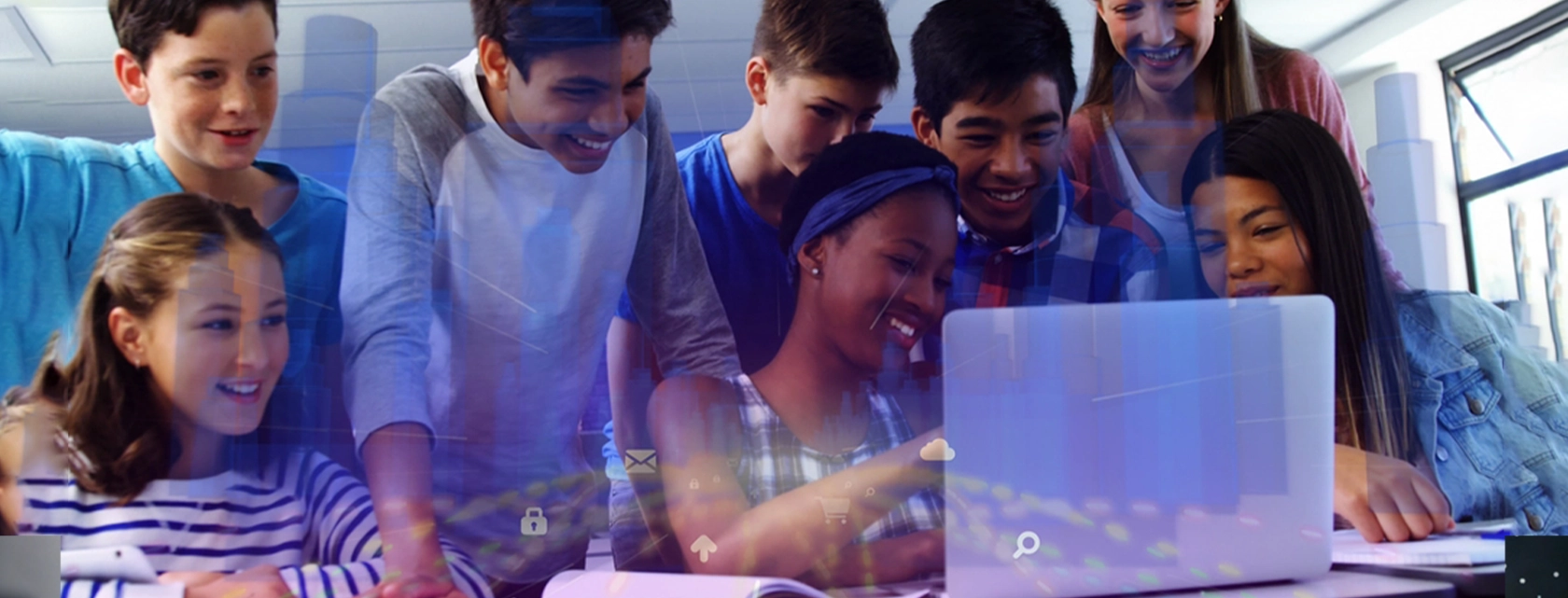
While AI offers exciting innovations, the future promises even more transformative changes. Collaborative classrooms will become the norm where AI works alongside human teachers. Teachers will be able to focus more on fostering creativity and critical thinking while AI handles administrative tasks, assessments, and data analytics.
The integration of how AI will change education will continue as educators adopt more AI-driven tools for learning and development. The aim is not to replace teachers but to enhance their ability to provide personalized learning experiences at scale.
Conclusion: The AI-Empowered Learning Revolution
As AI continues to evolve, it becomes clear that the role of how can AI help students by changing learning and skill development approaches is more crucial than ever. From personalized learning paths to intelligent tutoring systems, AI is revolutionizing the educational landscape, enabling students to learn more effectively and efficiently.
The future of learning and skill development is bright, and with AI, students can expect a more tailored, dynamic, and engaging education experience. FastLearner, with its AI-powered tools, is at the forefront of this transformation, ensuring that students and instructors benefit from AI’s limitless potential in education.
FAQs About How Can Ai Help Students
How does AI help in skill development?
AI assists skill development by providing personalized learning experiences, offering targeted feedback, and facilitating hands-on practice through simulation-based tools. This tailored approach ensures learners can master complex skills relevant to their fields.
How can AI help with learning and development?
AI enhances learning and development by creating adaptive learning paths that cater to individual needs. It analyzes data to identify areas for improvement and offers resources that match each learner’s unique preferences, making the education process more efficient and engaging.
How does AI help students learn?
AI supports students by providing intelligent tutoring systems that offer real-time assistance, automated assignment feedback, and personalized learning experiences. This helps students grasp concepts more thoroughly and keeps them motivated throughout their educational journey.
How is AI transforming teaching and learning?
AI is transforming teaching and learning by introducing innovative tools that streamline administrative tasks, personalize educational content, and facilitate data-driven insights. This shift enables educators to focus on enhancing the learning experience, leading to more effective learning and skill development approaches.
